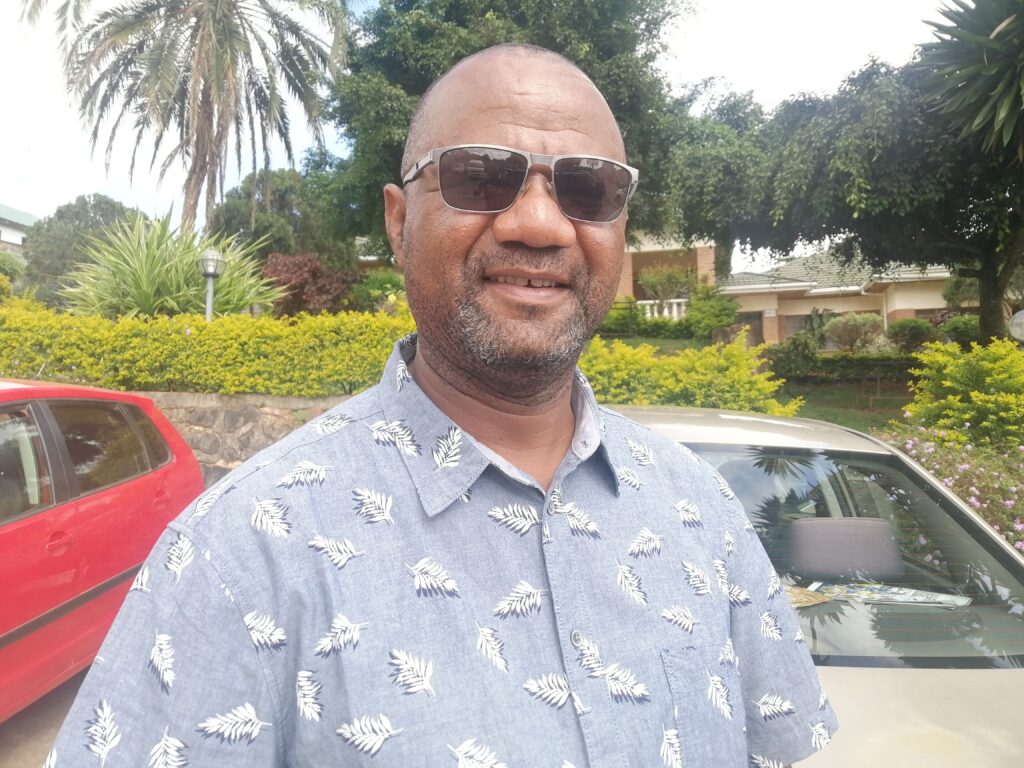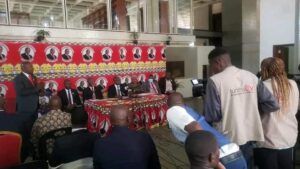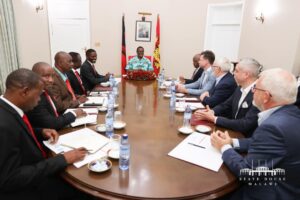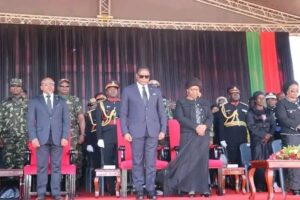CDF Still Mis-matching Development Goals – Parliamentarian

BY DRAXON MALOYA
Mzimba, Malawi: The K100 million Constituency Development Fund (CDF) is still failing to meet its intended purposes considering the number of projects to be implemented and the escalating prices of goods and services on the market the Mzimba South-West Parliamentarian, Raymond Nkhata has complained.
The complaint comes in the wake of continued failure by government to contain the inflation rate that has resulted into a multiple adjustment upwards in cost of goods and services in comparison to the period when the CDF was pegged at K40 million, two years ago.
In his closer and critical analysis of the statutory architecture of the law and the institutional framework for its implementation evokes a rude reminder that the CDF is no longer the panacea for rural development challenges that the Malawian rural poor had anxiously been waiting for pointing out that the current situation is still exerting more pressure on both parliamentarians and ward councilors to jointly complement their efforts to accomplish development projects as highlighted in their campaign manifestos.
Speaking in Mzuzu over the weekend when he attended the Democratic Progressive Party (DPP) press briefing organized by a northern region sprinter group calling themselves, Friends of Dr Kondwani Nankhumwa, Nkhata described the figure K100 million CDF as simply exaggerative in consideration to the current purchasing power to meet the cost of construction materials and other essential services.
“We talk of K100 million CDF to be a huge sum of money but to meet all our efforts and demands to develop our constituencies that is way too far little, imagine the cost of an Azam soap tablet was at K80 when the CDF was at K30 million against this time around when the same Azam soap costs K450. 00 per tablet, calculate the diminishing purchasing power” Nkhata said.
He further bemoaned the government failure to maintain both main and feeder roads exerting so many challenges on farmers to ferry their goods to the markets a situation which he said is greatly impacting on the country’s agro based economy.
“At the moment almost all the roads in our respective constituencies have been destroyed by the heavy rains rendering them impassable and yet we have the farm produce which needs to be quickly ferried to the market, talk of tobacco, soya, beans, maize, groundnuts and cotton etc,” he said.
The creation of the Constituency Development Fund was welcomed by Malawians as a means of focusing national budget expenditure on the specific development needs of local communities.
In his presentation of the 2022-23 national budget the finance minister, Sosten Gwengwe clearly stated that there is an introduction of reforms to the administration of the Constituency Development Fund such that the CDF is classified as development part II.
“CDF will be used as a direct and catalytic vehicle to advance meaningful development to the rural masses where every Member of Parliament will be required to show flagship projects for his or her area,” Gwengwe said.
Gwengwe further stated that a team from the Ministry of Finance and Economic Affairs, National Local Government Finance Committee, and Ministry of Local Government is working on quality and standardization of projects such that structures built under CDF have the same design in all constituencies
However, in practice it appears that the CDF is serving more as a political tool for members of Parliament than a genuine instrument for community-based development.
The democratic wirings and the legislative machinery meant to deliver the economic benefits to the rural poor are increasingly appearing to be prone to short-circuiting, and therefore open to abuse by those who gave them the force of law – namely, the members of the National Assembly or Parliament.






